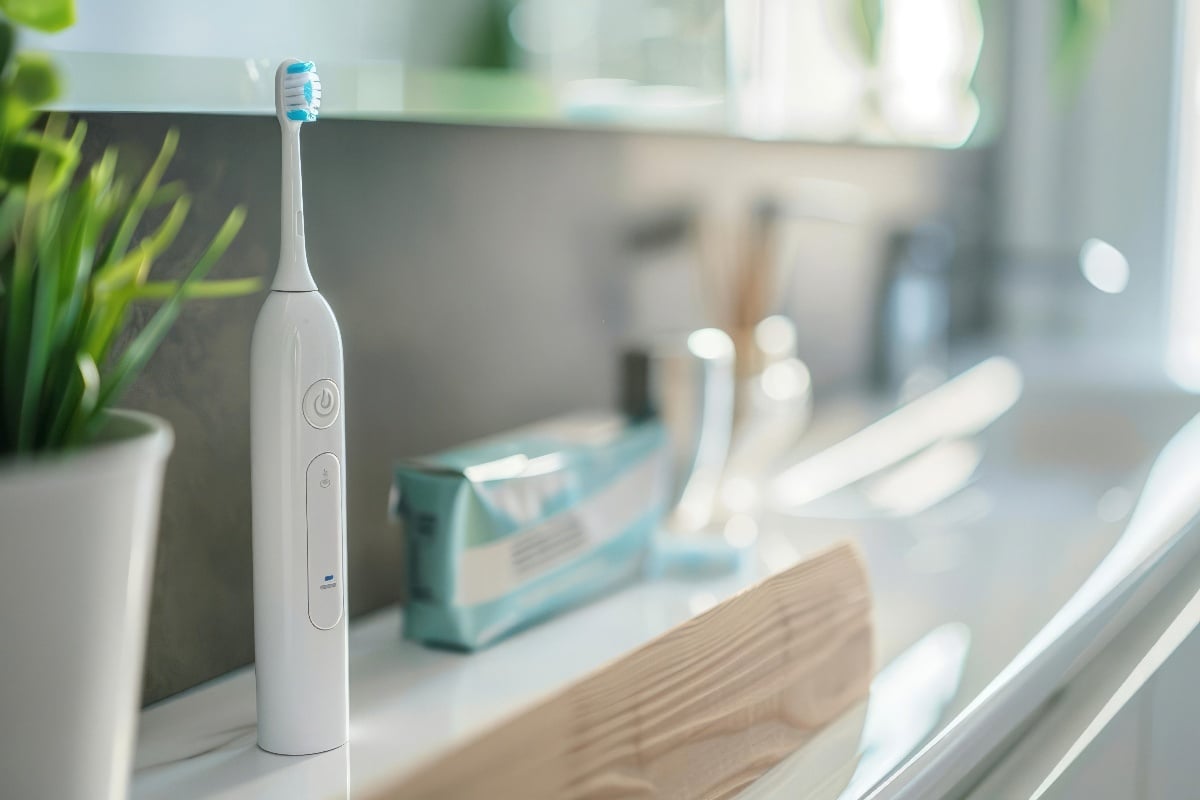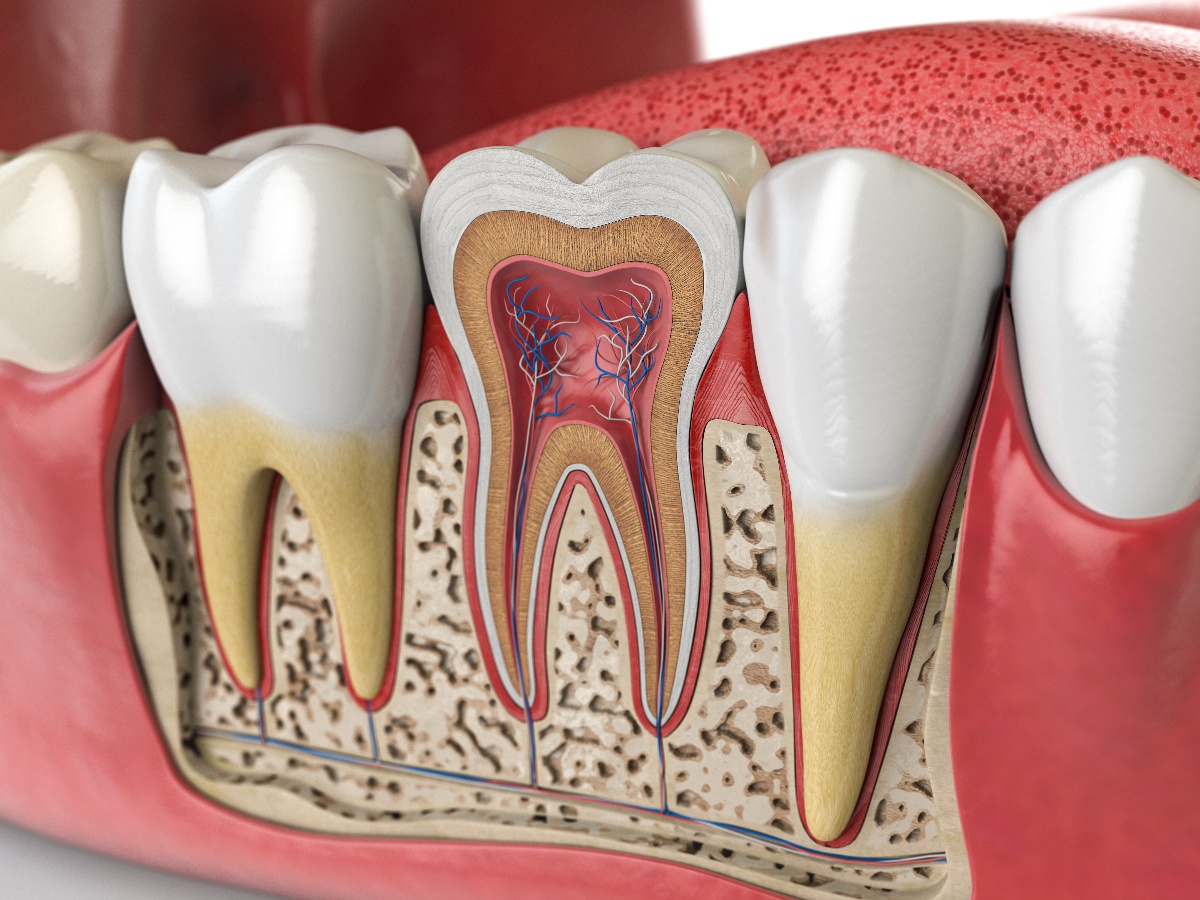When you pick up your toothbrush each morning and evening, you're probably thinking about preventing cavities and maintaining fresh breath. But what if that simple act of oral hygiene could do even more? Surprisingly, your daily brushing routine might play a role in preventing a serious respiratory condition: pneumonia.
Pneumonia is a potentially life-threatening condition that affects millions of people worldwide each year, with symptoms ranging from mild to severe. While we typically associate pneumonia prevention with good nutrition and avoiding smoking, emerging research suggests that your oral health routine could be another important preventive measure.
Understanding Pneumonia
What is Pneumonia?
Pneumonia can vary in severity from a mild infection to one that is critical and life-threatening. Pneumonia is caused by different germs, such as bacteria, viruses, and fungi, that infect the lungs and cause them to become inflamed. This inflammation leads to the tiny air sacs in the lungs, known as alveoli, filling up with fluid or pus. This infection makes it harder to breathe and reduces the amount of oxygen that enters the bloodstream.
Types of Pneumonia
- Bacterial Pneumonia: Bacteria known as Streptococcus pneumoniae causes this most common type of pneumonia. Bacterial pneumonia can develop without a known cause or begin after someone has a cold or flu. Vulnerable individuals such as the elderly, young children, or those with weakened immune systems are more susceptible to bacterial pneumonia.
- Viral Pneumonia: Viruses, including the flu virus and the respiratory syncytial virus (RSV), are common causes of pneumonia, especially in children under five years old. It is usually less severe than bacterial pneumonia, but it can still result in serious complications, especially in those with pre-existing health conditions.
- Fungal Pneumonia: Although less common, fungal infections can also lead to pneumonia. People with a compromised immune system, including chemotherapy patients, face a higher risk of this form of pneumonia.
Symptoms and Risk Factors
Common Symptoms: Pneumonia symptoms can differ depending on the type of germ causing the infection, the person’s age, and their overall health. Common symptoms include:
- Cough: Often producing mucus or phlegm that may be green, yellow, or even tinged with blood.
- Fever: Sometimes accompanied by sweating and chills.
- Labored Breathing: Accelerated, shallow respirations or breathlessness.
- Chest Pain: Sharp or stabbing pain that worsens when breathing deeply or coughing.
- Fatigue: Feeling unusually tired or weak.
Risk Factors: Certain populations of people are at a higher risk of developing pneumonia, including:
- Elderly Adults: As the immune system weakens with age, older adults are more susceptible to pneumonia.
- Young Children: Children under the age of 5, whose immune systems are still developing, are more susceptible to pneumonia.
- People with Chronic Illnesses: Conditions such as asthma, diabetes, or heart disease can weaken the body’s defenses, making it easier for pneumonia to take hold.
- Smokers: Smoking damages the lungs' natural defenses, increasing the risk of respiratory infections.
Impact on Health
Pneumonia is not just a severe cough; it can lead to significant health complications, especially if left untreated. In severe cases, pneumonia can cause a range of complications, including lung abscesses, pleurisy (inflammation of the lining of the lungs), and even sepsis, a potentially fatal reaction that can lead to organ failure. Given its potential severity, prevention and early intervention are critical.
The Link Between Oral Health and Pneumonia
While it might seem surprising, there is a growing body of evidence suggesting that the health of your mouth could influence the health of your lungs. Specifically, inadequate oral care has been found to be linked with a higher risk of respiratory infections, including pneumonia. This connection revolves around the possibility that harmful bacteria residing in your mouth can be aspirated into the lungs, leading to infection.
How Oral Bacteria Affect Respiratory Health
Your mouth is home to diverse populations of bacteria. Some of these can benefit your oral health, while others are potentially harmful. Neglecting oral hygiene allows these harmful bacteria to thrive and lead to problems such as:
- Bacterial Build-Up: Harmful bacteria can grow and accumulate in the plaque on your teeth and gums.
- Aspiration into the Lungs: These bacteria can be inadvertently inhaled into the lungs during breathing, coughing, or swallowing.
- Inflammation and Infection: Once in the lungs, these bacteria can cause inflammation, leading to pneumonia. This is more likely to occur in individuals with weakened immune systems or chronic health conditions.
Scientific Evidence Supporting the Connection
Several studies have highlighted the connection between oral health and pneumonia, particularly in vulnerable populations. Studies indicate hospital patients and long-term care residents, often with poor oral health, face increased pneumonia risk. Inadequate oral care may be one of the primary reasons that pneumonia ranks as a primary mortality cause among elderly nursing home residents.
Also, an article published in 2023 reported that improved oral care, including regular tooth brushing, significantly reduced the incidence of pneumonia among high-risk individuals. This finding suggests that maintaining good oral hygiene could be a crucial preventive measure against respiratory infections like pneumonia.
The Role of Dental Plaque in Pneumonia Development
Dental plaque is more than just a cause of tooth decay and periodontal infections; it can also play a critical role in the development of pneumonia.
- Plaque as a Bacterial Reservoir: Plaque acts as a sticky film that harbors harmful bacteria. When plaque is allowed to accumulate, it becomes a reservoir for these bacteria, increasing the risk of them being inhaled into the lungs.
- Heightened Risk for Vulnerable Populations: Individuals with weakened immune systems, especially the elderly or those with chronic illnesses, are particularly vulnerable. Their immune systems may not be strong enough to fight off these bacteria, making them more susceptible to pneumonia.
Regular brushing and flossing are not just about preventing cavities; they are essential steps in reducing the bacterial load in the mouth and protecting your respiratory health.
How a Toothbrush Can Help Prevent Pneumonia
While it may seem that brushing your teeth is only about maintaining a bright smile and fresh breath, it can actually serve a much more critical role in protecting your respiratory health. Regular use of a toothbrush helps reduce the risk of pneumonia by controlling the growth of harmful bacteria in your mouth, which might otherwise make their way into your lungs.
Daily Brushing and Bacteria Control
Your toothbrush is your first line of defense against the accumulation of harmful bacteria in your mouth. By brushing at least twice a day, you:
- Remove Plaque: Plaque is a sticky layer of bacteria, or biofilm, that forms on your teeth and gums. Regular brushing removes this plaque before it hardens into tartar.
- Reduce Bacterial Load: Brushing helps to significantly lower the number of harmful bacteria in your mouth. This can help prevent them from reaching levels that could lead to infections.
- Prevent Aspiration: Brushing keeps bacterial levels low, decreasing the chances of these bacteria being aspirated into the lungs and causing inflammation and infection.
Importance of Toothbrush Care
To ensure that your toothbrush remains effective in protecting your health, it is important to care for it properly:
- Regular Replacement: The American Dental Association advises replacing your toothbrush every three to four months, or earlier if the bristles become frayed, to ensure it remains effective in cleaning your teeth and gums.
- Proper Storage: Store your toothbrush in an upright position and allow it to air dry. Avoid keeping it in a closed container since this can encourage the growth of bacteria.
- Avoid Sharing: Avoid toothbrush sharing to prevent bacterial transmission and reduce infection risk.
By including these practices in your daily routine, your toothbrush can become a powerful tool in reducing the risk of pneumonia and protecting your overall health.
Additional Oral Hygiene Practices to Reduce Pneumonia Risk
While regular brushing is a crucial part of maintaining oral hygiene, there are additional practices that can further reduce the risk of pneumonia. These practices help ensure that harmful bacteria are kept to a minimum, thereby protecting not just your oral health but your respiratory health as well.
Flossing
- Flossing is an essential complement to brushing because it is the only effective way to remove bacteria from between your teeth.
- Using an antimicrobial mouthwash can provide added protection by reducing the number of bacteria in your mouth. Consult with your dentist about using the most beneficial mouthwash for you.
- Routine dental exams and professional cleanings are vital to minimizing harmful oral bacteria and reducing the risk of pneumonia.
Mouthwash
Regular Dental Check-ups
By incorporating these additional oral hygiene practices into your daily routine, you can significantly lower the risk of pneumonia and protect both your oral and overall health.
Schedule an Appointment
To learn more about how Palmetto Dental Arts can enhance your oral and overall health, call us or contact us online.




